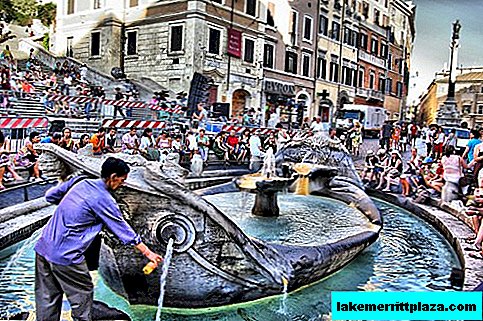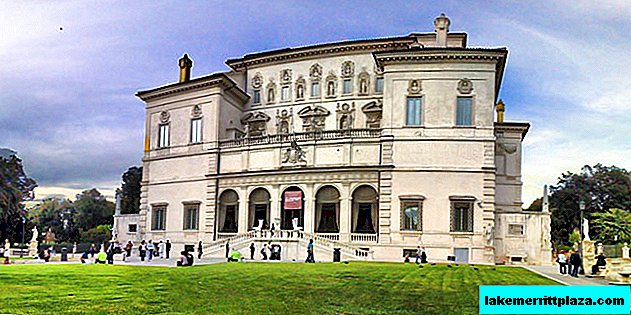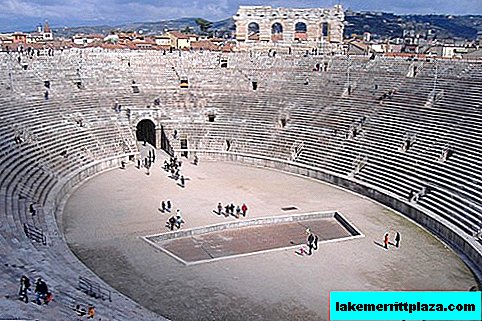Beautiful Italy is famous for its architectural monuments that have stood the test of time, numerous art galleries where real masterpieces are stored, and amazing museums, the analogues of which cannot be found all over the world. What is only a number of “food” museums for agritourism worth: where else, if not in Italy, you will learn all about pasta and olive oil, or the catacombs of capuchins. And since yesterday, the list of unique museum complexes has replenished with one more: this time in Milan a place has opened, which is likely to become very popular. True, for the most part, not among adults, but among children.

Since January 23, the whole museum complex Muba (Museo dei Bambini Milano), which is dedicated to children, has opened in the fashion capital. The new museum is 1200 square meters. meters of area on which there are children's exhibitions, creative halls, a bookstore, cafe and a special recreation area for young mothers who are still breastfeeding.
“This is a historic moment,” Elena Dondina, one of the museum’s organizers, told reporters. “Today we are launching a model for the whole country. We have organized a special mode of work so that children can look in here before or after classes, as well as on weekends with their parents. ”Thus, mothers and fathers will be able to bring their child to the museum any day of the week and at any time of the day.
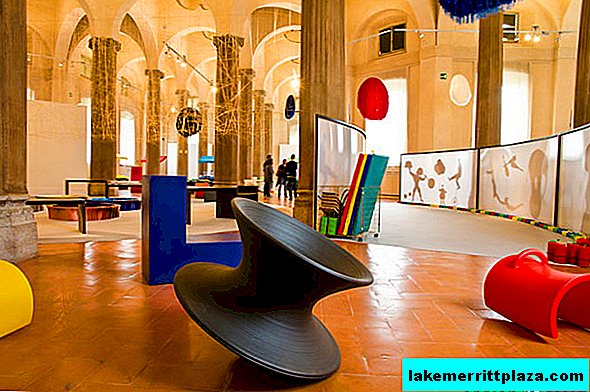
In honor of the opening of the unusual complex, the organizers showed their little visitors the game-exhibition “Box”, which was dedicated to the creative development of the kids, as well as improving their sensory perception. The participants in the game were children from three to eleven years old. In general, the creators of the complex believe that it will become an interesting pastime for everyone who is at least two years old. The idea of the children's museum-complex belonged to the city authorities, as well as the Muba Foundation, whose name the center bears. Find out more about the museum and check the cost of admission tickets here: www.muba.it
In addition to the children's museum that opened yesterday, kids and their parents will also be interested in visiting Toy Museum of Milan (Museo del Giocattolo e del Bambino), which presents a whole collection of old artifacts that were created several centuries ago.
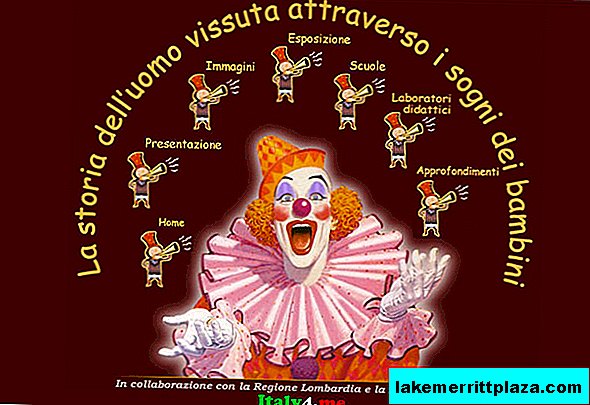
The museum regularly hosts a screening of a documentary on the manufacture of toys by Italian craftsmen. The visitors are presented with several different rooms, each of which has a special theme.
Everyone who looks at the museum will be able to purchase souvenirs, which are exact copies of the most popular exhibits. It is worth a visit to the museum because it is located in one of the oldest buildings in Milan, which is distinguished by an unusual idea of the architect and has a rich history. Previously, the city’s main post office was located here, and later the building was carefully restored and turned into a stunning museum. You can find out more about the museum and find out the cost of admission tickets here: www.museodelgiocattolo.it.

